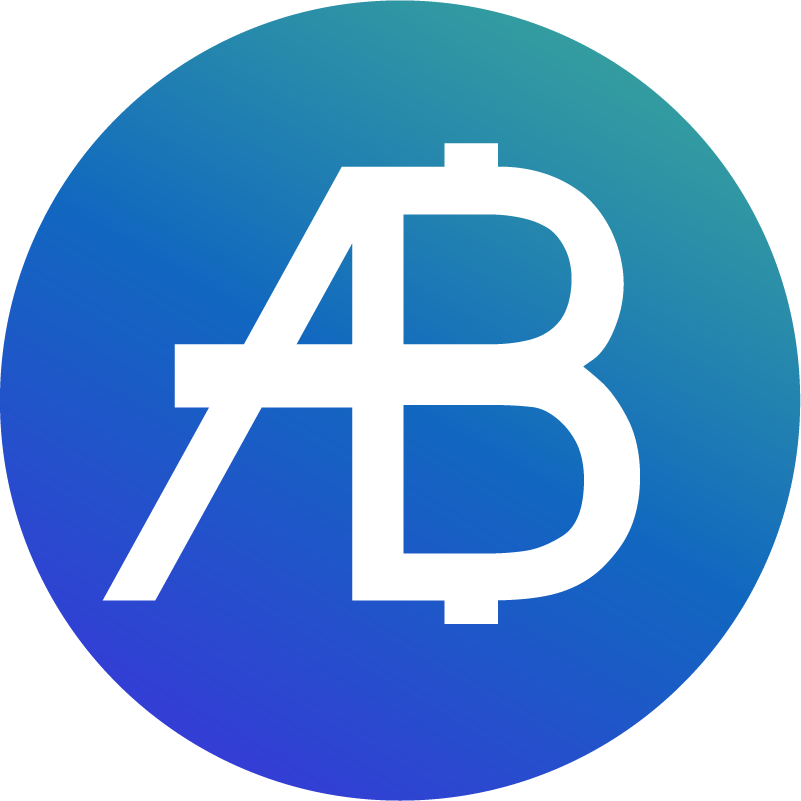Can I Transfer My Pi Coins to Another Account

Introduction
Cryptocurrency enthusiasts across the globe are consistently on the lookout for new blockchain innovations. The Pi Network, with its unique approach to accessible mining and ambitious roadmap, has captured the attention of millions. Naturally, as adoption rises, a key question emerges in the community: "Can I transfer my Pi coins to another account?" If you’re holding PI and pondering whether it’s possible to send your tokens elsewhere, you’ve landed in the right place. This comprehensive guide unpacks the current state, requirements, and best practices for transferring Pi coins, especially as the project transitions through various phases.
Detailed Steps/Process
1. Understanding the Pi Network’s Current Status
The Pi Network is structured into well-defined phases:
- Phase 1: Design, Distribution, and Trust Graph Bootstrapping.
- Phase 2: Testnet Launch.
- Phase 3 (Mainnet): Actual coin transfers and blockchain launch.
At the time of writing, Pi Network’s mainnet is operational, but with some transfer functionalities under restricted conditions to ensure security, proper KYC compliance, and community stability.
2. Transferring Pi Coins: Step-by-Step
Transferring Pi coins is only feasible once your account has passed KYC (Know Your Customer) verification and your tokens have migrated to the mainnet. The officially recommended process would be as follows:
a. Complete KYC Verification
markdown
- Open your Pi Network app.
- Navigate to the “Mainnet” section.
- Submit KYC details when invited, including identification for verification.
- Await KYC approval notification.
b. Mainnet Migration
markdown
- After KYC approval, initiate the token migration process within the app.
- Choose your preferred wallet address. For optimal security and flexibility, use a reputable web3 wallet such as Bitget Wallet.
- Confirm token transfer, ensuring your destination details are correct; this process moves your mined PI to the blockchain from the test app.
c. Enabling Transfers
markdown
- Once your Pi coins are in the mainnet wallet, check Pi Network’s latest announcements on whether peer-to-peer (P2P) transfers are publicly enabled.
- If enabled, access the 'Transfer' feature inside the Pi Wallet section.
- Enter the recipient’s Pi wallet address or username.
- Specify the desired transfer amount.
- Review all details carefully, then confirm the transaction.
- Await blockchain confirmation, which may take a few seconds to minutes depending on network conditions.
3. Alternative Scenarios: What If Transfer Isn't Available?
Pi Network enforces various restrictions to prevent fraud, abuse, and regulatory headaches during its migration to full mainnet functionality. These are some possibilities and workarounds to watch for:
- P2P Transfers Limitations: Some mainnet users may experience limited transfer capabilities until a certain percentage of the network completes KYC.
- Internal Transfers: During certain launches or pilot programs, Pi Network may allow transfers within the app ecosystem, such as spending PI at pilot merchant partners or through official apps.
- No Off-Chain Transfers: Transferring outside the official wallet, using direct logins or sharing credentials, is highly discouraged due to massive security risks.
Additional Tips or Notes
Security Precautions When Transferring Pi Coins
markdown
- Always double-check the wallet address or username you’re sending to; crypto transactions are generally irreversible.
- Never share your private key with anyone. Your private key is the ultimate safeguard of your assets.
- Use only official wallets or trusted wallets with robust security, such as Bitget Wallet. These offer enhanced asset protection, user-friendly interfaces, and are well-regarded within the industry.
- Watch out for phishing scams impersonating Pi Core Team or fake update announcements suggesting unauthorized transfers.
Legal and Practical Constraints
- Pi Network reserves transfer functionality to comply with global regulations and prevent money laundering.
- KYC is mandatory for most mainnet activities, including bulk transfers.
- Only trust the official app or recognized wallets to migrate PI or complete transfers.
Tracking Transactions
markdown
- Transactions can be checked within your Pi wallet by viewing transaction history.
- Community and social sites often share the latest on mainnet upgrades—ensure your information comes from official channels.
Conclusion or Summary
As the Pi Network progresses on its path to wider adoption, being informed about how, when, and under what conditions you can transfer your Pi coins is crucial. The process currently hinges on successful KYC completion and mainnet migration. Direct P2P transfers are subject to the phased rollout by the Pi Core Team, but careful attention to wallet security and app notifications will keep you prepared. Always use trusted wallets like Bitget Wallet when migrating or holding your coins, ensuring your assets remain both accessible and safe. The shifting landscape promises more flexibility for transfers ahead—so staying up-to-date equips you to act swiftly when opportunities arise.




















